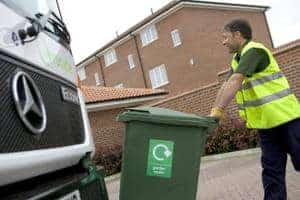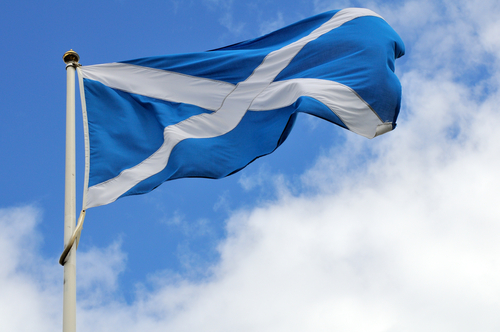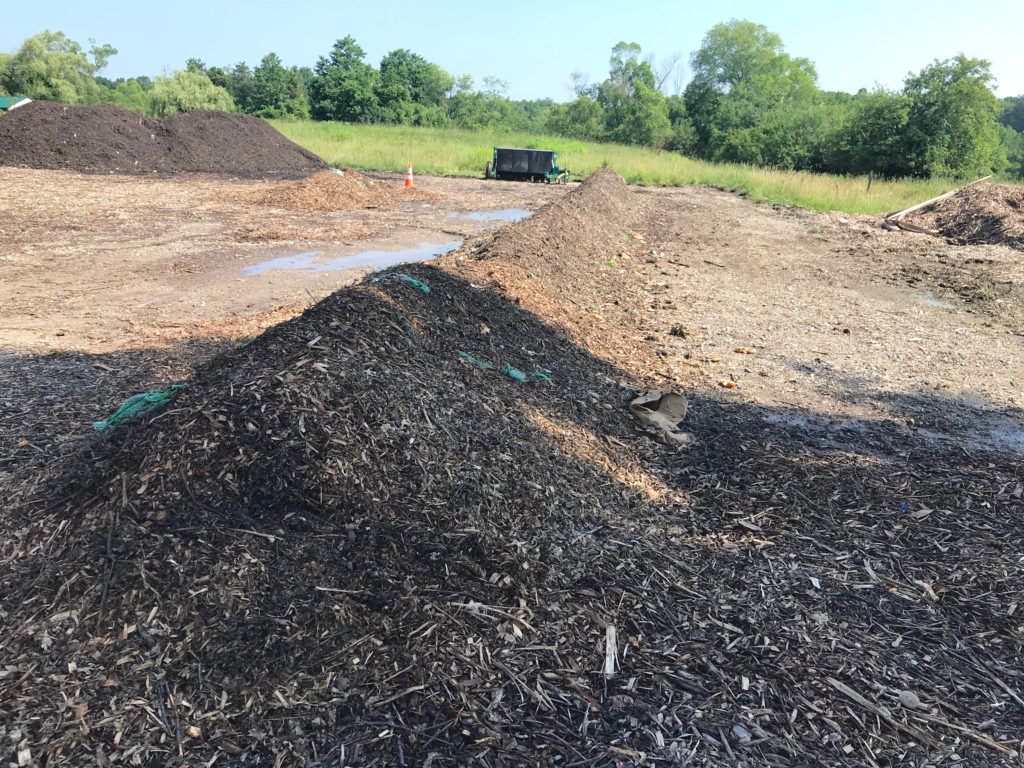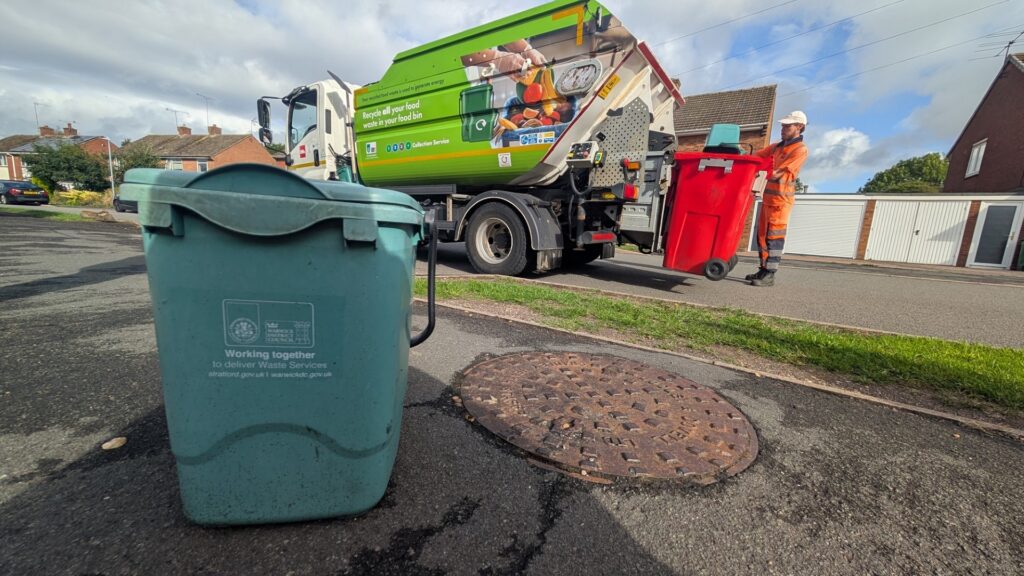The proposed Decentralisation and Localism Bill will rid councils of the chance to introduce ‘pay-as-you-throw' waste schemes but make it easier for them to offer rewards for people who produce less waste, the environment secretary Caroline Spelman said today (July 19).
The announcement of more details of the Decentralisation and Localism Bill that was first unveiled in the Queen's Speech in May 2010 adds to the Conservative Party's continued support for rewarding increased recycling performance as opposed to punitive taxes for poor performance.
Last month, communities secretary Eric Pickles came out in support of rewarding recycling performance as opposed to “bin taxes”, and vocally supported the Royal Borough of Windsor and Maidenhead's decision to adopt American rewards-based recycling scheme RecycleBank (see letsrecycle.com story).
And, this morning, Prime Minister David Cameron included Windsor and Maidenhead among four “vanguard communities” as part of his Big Society initiative – which aims to empower communities – with special attention being drawn to its recycling efforts.
The details of the Decentralisation and Localism Bill revealed today by Ms Spelman include provisions to amend the Climate Change Act, which offered the opportunity for five councils to come forward to run pilot financial incentive recycling schemes (see letsrecycle.com story).
A statement released by Defra said: “The proposed Decentralisation and Localism Bill will be used to remove powers to trial ‘pay-as-you-throw bin tax' schemes.
“The government intends to introduce provisions to the Localism Bill, amending the Climate Change Act 2008 to remove the powers that allow Local Authorities to pilot waste reduction schemes – including charging householders based on how much they throw away.
“The changes will also make it easier for local authorities to bring in schemes to reward people who produce less waste. Decisions on any reward schemes are best made by councils in consultation with local residents and with careful consideration of value for money.”
Local government minister Greg Clark has previously said that the government hopes the Bill will achieve Royal Assent “as soon as parliamentary time allows”.
Climate change
[The purpose of the Act is to] confer powers to make schemes for providing financial incentives to produce less domestic waste and to recycle more of what is produced
Climate Change Act 2008
The issue of “bin taxes” has been a recurring theme for the Conservatives both in opposition and since they came to power in coalition with the Liberal Democrats, with ministers being highly critical of supposed plans by both Labour and the Liberal Democrats to charge householders for waste (see letsrecycle.com story).
The detail of the Climate Change Act, which received Royal Assent in November 2008, states that it is not solely aimed at charging for waste arisings but also rewarding performance. The Act states its purpose is to “confer powers to make schemes for providing financial incentives to produce less domestic waste and to recycle more of what is produced”.
Included in the Act is the provision to enable five councils to come forward to run pilot schemes. This allows them to levy charges based on the amount of waste produced and the size and number of waste receptacles used, as well as the frequency of collections.
However, it also contains a provision to allow councils to rebate residents, through their Council Tax or “other payment methods” with a financial incentive for recycling.
Bristol
Included in today's Defra announcement was confirmation from Mrs Spelman that the department was no longer considering a proposal for a pilot waste reduction incentive scheme that had been made by Bristol city council.
The city council submitted an application to the government for financial support in March 2010 to run a six-month trial in three areas of the city. The ‘opt-in' system would have seen residents being able to earn up to £20 under the pilot scheme based on the amount of waste they reduce over the period (see letsrecycle.com story).
The application process was then interrupted by the change of government and the city council had to submit a second application to the Conservative-Liberal Democrat coalition government.
But, speaking to letsrecycle.com last week, the council had remained confident that its waste reduction-based pilot scheme would prove more effective than comparative schemes, which reward people on the amount of waste they recycle such as RecycleBank.
Councillor Gary Hopkins, executive member for strategic transport, waste and targeted improvement, said: “Eric Pickles has been promoting Windsor and Maidenhead [which uses RecycleBank] as the answer and it has not been realised that our way of doing things is more effective. We need to reward not fine and a reward scheme based on waste reduction is that way.”










Subscribe for free